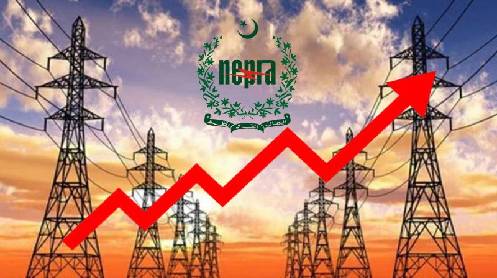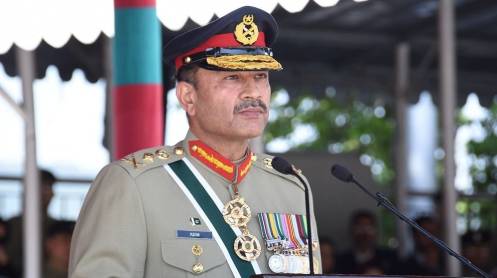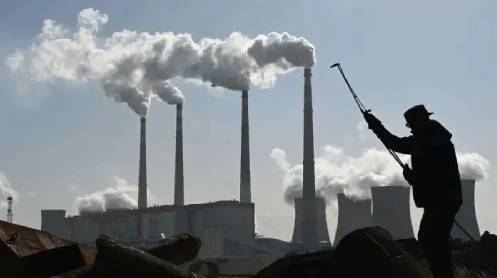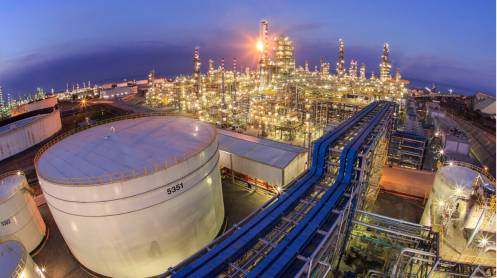ISLAMABAD: The National Electric Power Regulatory Authority (NEPRA) on Friday announced a 20% increase in the national power tariff, aimed at securing approximately Rs3.8 trillion in funding for the 10 ex-WAPDA electricity distribution companies (Discos) for the fiscal year 2024-25.
The new tariff, which will come into effect from July 1 after a formal government notification, raises the national average base tariff to Rs35.50 per unit (kilowatt-hour, or kWh) from the current Rs27.78 per unit. This increase is expected to generate an additional Rs485 billion in revenue for the Discos, which will help strengthen the government’s position in securing an IMF bailout in July.
The government may adjust rates for different consumer categories through a cross-subsidy mechanism without affecting the overall revenue requirement determined by NEPRA. The new base tariff, inclusive of an 18% general sales tax, will jump to Rs42 per unit, excluding other taxes and surcharges. This increase will place an additional burden of approximately Rs580 billion on Discos’ consumers.
The tariff hike is designed to ensure that Discos receive Rs3.763 trillion in revenue for the next fiscal year, up from Rs3.28 trillion this year. The increase is necessary to cover the rising costs of fuel, operations, maintenance, and capacity charges, among other expenses. NEPRA calculated that capacity charges alone will account for about 65% of the total projected power purchase price (PPP) for Discos, with energy charges making up the remaining 35%.
The industrial sector will benefit from a Rs10.69 per unit reduction in tariffs, which will result in a negative revenue impact of Rs200 billion. This amount will be redistributed to other consumer categories, including domestic and commercial users. The power division, after obtaining federal cabinet approval, will submit a follow-up tariff table to NEPRA for subsidy adjustments across various consumer categories before issuing a formal notification.
The tariff increase addresses several economic challenges, including the rupee’s devaluation, high inflation, exorbitant interest rates, and the addition of new power capacities. It also aims to ensure the viability of the energy sector and improve governance of state-owned enterprises, meeting key requirements for the upcoming IMF bailout.
Last year, the government raised the national uniform electricity tariff by an average of Rs5 per unit, with an additional financial impact of Rs477 billion. In 2022-23, the tariff was increased by Rs7.91 per unit, resulting in an Rs893 billion impact on consumers and a 7-13% drop in electricity consumption.
Although K-Electric was not part of the tariff-setting exercise, the same rate will apply to its consumers due to the uniform base rate across the country.
This significant tariff hike is a critical step in addressing the financial challenges facing Pakistan’s energy sector while ensuring compliance with international financial commitments.
Story by Khaleeq Kiani





